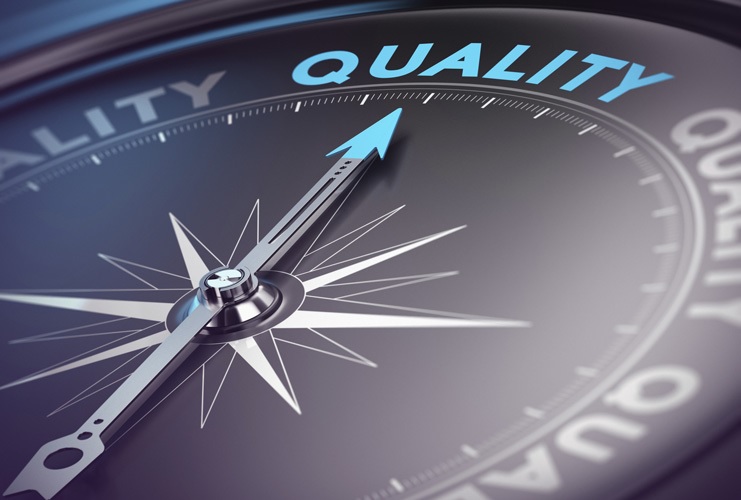The manufacturing industry is faced with higher demands on accuracy and shorter lead times than ever before in an increasingly global, competitive marketplace. In order to keep up with the ever-higher demands of your customer, your shop needs to invest in a coordinate measuring machine or similar measurement technology to reduce your quality inspection times and the accuracy of your parts. However, it can be a sizable investment, and it’s important that you do all your research and consider every factor before you make up your mind.
#1 Space and Size
Generally speaking, the larger the coordinate measuring machine you purchase, the broader the range of parts you can effectively measure, so consider the possibility of future contracts for larger pieces that will require larger equipment, like a gantry, vertical, or horizontal coordinate measuring machine. Keep in mind as well that more manufacturers view a potential supplier’s metrological capacity before awarding a contract, meaning the larger capacity may even be a prerequisite to growing your business.

#2 The Work Piece
The work pieces you need to inspect will go a long way in determining what kind of coordinate measuring machine you purchase, including the size, weight, tolerance requirement, and the complexity of the geometry.For very large work pieces, portable arms are valuable tools with wide measurement ranges, and while they are manually operated, they don’t take up enormous amounts of space in your shop and it’s easier to move the portable arm to the part than the other way around.
#3 Software and Training
Once you’ve chosen a machine that is mechanically appropriate to the job, you also need to keep in mind the software you are going to use as well how you are going to train operators to program them. Independent metrology dealer Canadian Measurement Metrology (CMM) offers classroom and online courses in PC-DMIS software, one of the most widely used softwares across metrology machines. A PC-DMIS e-course can become a valuable resource if you can’t spare the time it takes to send an operator off-site to learn how to use a new software.
#4 Conditions on the Shop Floor
When you buy a Canadian Measurement Metrology CMM, consider how much size your shop has to devote to metrology equipment, some of which can come with a significant footprint, and many also need to be sequestered in temperature-controlled labs. That can add time to your quality assurance process as it means physically removing work pieces from the floor and into the lab for inspection, especially if you measure a high ratio of parts or you’re dealing with very large components. If you are implementing cell manufacturing or you just don’t have time to remove parts from the shop floor, you could benefit from a shop-floor ready coordinate measuring machine with covered ways and vibration resistance like the Sheffield 4.5.4 SF, Brown & Sharpe 4.5.4 SF, or advanced thermal compensation technology like the LeitzSirio, all available from independent retailers like CMM.
Metrology equipment is one of the most important investments you can make in your shop, as it will not only make you a more reliable supplier, it will also cut down on your inspection times and reworks. Always make sure you do your research, learn about maximum weights, temperature compensation, 3D scanning, and probing systems. Find the right tool for the job the first time around and consult with a metrologists expert.